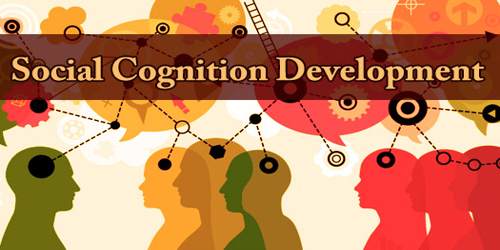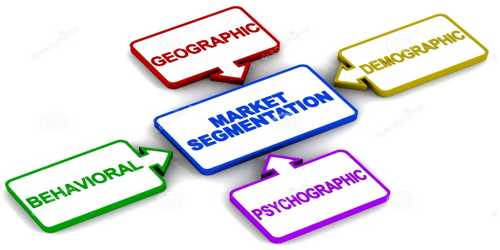Social cognition is not simply a topic within social psychology; it is an approach to research with social psychology on any subject. It focuses on the function played by cognitive processes in social interactions. More specifically, social cognition refers to how people interact with conspecifics (members of the same species) or even with information through species (such as a pet) through four stages: encoding, storage, retrieval, and processing. Researchers may use a social-cognitive viewpoint to research a wide range of topics including perceptions, understanding of the individual, bias, stereotypes, self-concept, discrimination, persuasion, decision-making, and other fields.
The term social cognition has been utilized in multiple areas in psychology and neuroscience, most frequently to ask various social abilities disrupted in autism, schizophrenia, and other disorders. In childhood and adolescence social awareness evolves. As children grow, they become more conscious not just of their own feelings, thoughts, and motivations but also of other people’s emotions and mental states. Common to theories of social cognition is the belief that knowledge in the brain is interpreted as “cognitive components” such as schemas, attributions, or stereotypes. Children become more knowledgeable at knowing how others feel, learning how to act in social settings, participating in prosocial activities, and taking someone else’s viewpoint.
Social cognition came to prominence with the increase of psychology within the late 1960s and early 1970s and is now the dominant model and approach in mainstream psychology. Although there are several different theories that look at how social cognition evolves, the psychologist Jean Piaget’s work is one of the most common focuses. A child’s cognitive development, according to Piaget, goes through a sequence of stages. Therefore social cognition incorporates and expands certain concepts, ideas, and paradigms from cognitive science that can be found in reasoning (heuristic representation, a fallacy in the base rate and bias in confirmation), attention (automaticity and priming), and memory (schemes, primacy, and recency).
One of the foremost important developments within the early emergence of social cognition is the growth of a theory of mind. A theory of mind refers to a human ability to grasp and consider the mental states of others. It’s likely that psychological science has always had a more cognitive than general psychology approach because it traditionally discussed internal mental states like beliefs and desires when mainstream psychology was dominated by behaviorism.
More recently research has shown that children develop the ability to think about other people’s experiences at an earlier age than commonly assumed by Piaget. Particularly young pre-school students show the willingness to think about how others would perceive a situation. A prominent theory of social cognition is the theory of social schema although it is not the basis for all studies of social cognition. It has been suggested that other disciplines in psychological science like social identity theory and social representations could also be seeking to clarify largely the identical phenomena as social cognition, which these different disciplines may be merged into a “coherent integrated whole”.
In the study of action, called motor cognition, a parallel paradigm emerged which is concerned with understanding the representation of action and the associated mechanism. Social cognition is that the emergence of a theory of mind that’s critical to have the ability to think about the thoughts, motives, desires, needs, feelings, and experiences that people may have. Having the ability to consider how these mental states can influence how people act is critical to forming social impressions and explaining how and why people do the items that they are doing.
Information Sources:
















